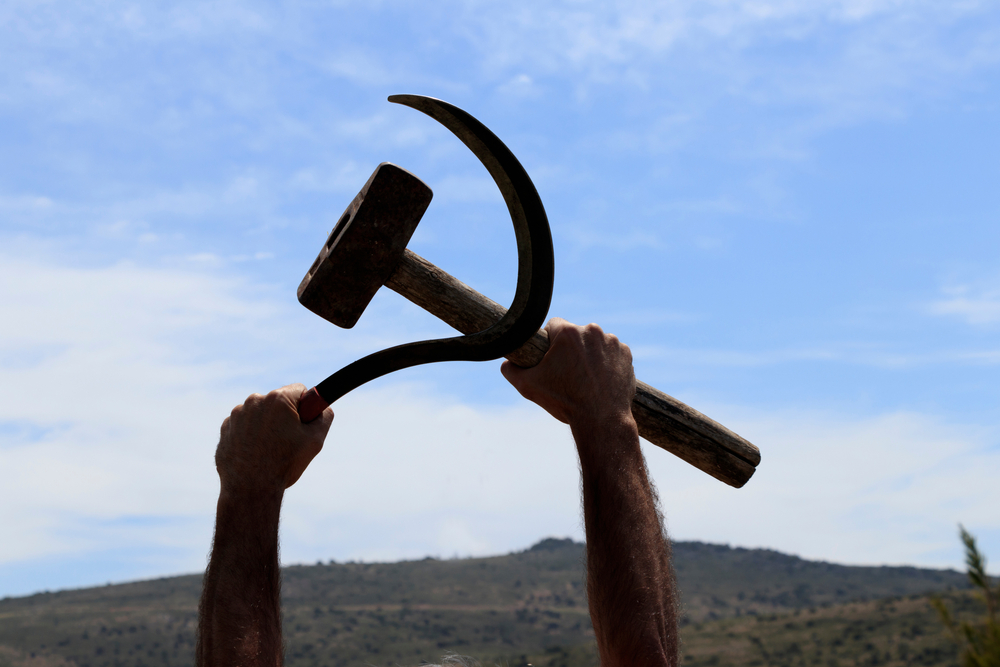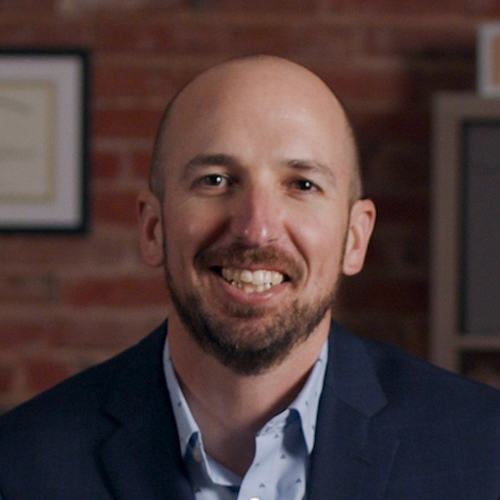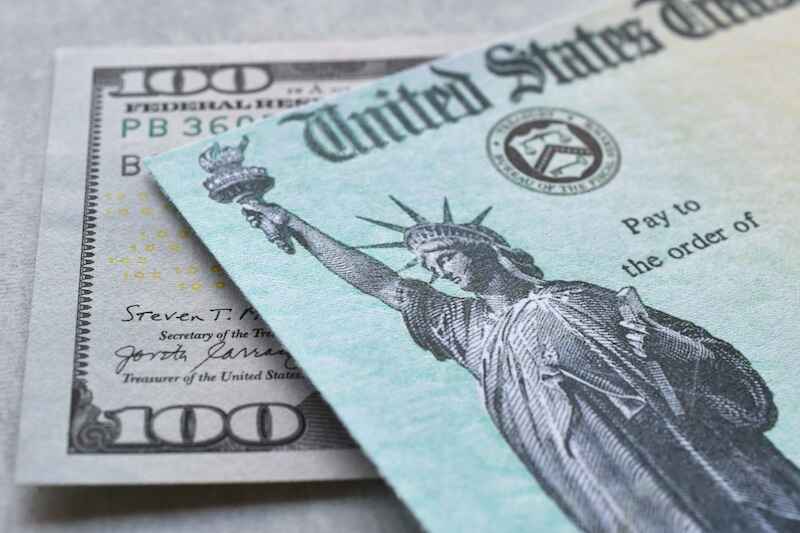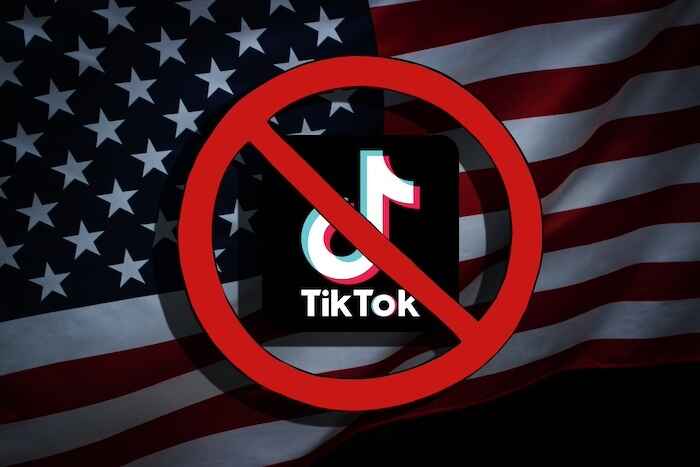Communism’s Looming Shadow Will Make Things Worse
Andy Snyder|March 16, 2022

Ronald Reagan loved to tell jokes about his pals in the Soviet Union.
Here’s one that fits the news…
“There was a story about two fellows in the Soviet Union walking down the street,” Reagan once said from the presidential podium. “The one man says, ‘Have we really achieved full communism? Is this it? Is this now full communism?'”
Reagan looked out at the audience with a frank stare and hit them with the punchline.
“The other one said, ‘No. Hell no. It’s going to get a lot worse.'”
Communism may be gone, but the corrosive power of big government still stands.
Things could get a lot worse.
Supply Issues
Here’s another joke… Reagan told it to the employees of Reynolds Metals Company in the spring of 1988.
“You know there’s a 10-year delay in the Soviet Union in the delivery of an automobile,” the president said. “And only 1 out of 7 families in the Soviet Union own automobiles.”
“So one man laid down his money for his new car, and the man in charge says, ‘Okay, come back in 10 years and pick up your car.'”
“And the buyer said, ‘Morning or afternoon?'”
Reagan straightens his face to avoid laughing.
“Surprised, the fellow behind the counter said, ‘Ten years from now, what difference does it make?'”
“And the buyer said, ‘The plumber is coming in the morning.'”
The audience roared.
The joke has aged nicely. It rings just as true today as it did then. But nowadays, we don’t need to poke fun at our red-bellied enemies. We can look in the mirror and see the effects of our own pink-tinged policies.
We got a plumber to our new farmhouse project yesterday after several months. But, alas, the county-employed fella who gets paid to inspect his work was nowhere to be found.
The clock will keep on ticking.
Maybe next year.
Sacrifice?
Reagan was on our mind last evening as we did something big for Manward. We put our autograph on a few hundred certificates that we’ll soon be mailing to select subscribers. It’s part of our most ambitious effort yet. Details will come soon.
Right beside us sat a picture of Reagan in the shadows of his own autograph.
If that picture could talk, it’d likely have a lot to say these days. Reagan heard many of the conversations Americans are having today.
Perhaps more folks should pay attention to the lessons we can learn from this… particularly the economic lessons.
There’s a great contradiction in it all.
With traditional warfare, the president can summon his army. He can sacrifice the boys who signed up to sacrifice so much.
The ones we lose will be hailed as heroes.
The cost to the average American, dare we say it, is minimal.
That’s not the case with economic fights. There is no hero in these cases. There is no volunteer army. We all fight the fight. And we’ve got no choice.
It’s why the war in Iraq and Afghanistan was allowed to linger for decades. The folks back home had to sacrifice only a bit of time to the nightly news. A few new gold-star families gave the people something to rally around.
That’s not the case with America’s latest fight.
This one has a nuclear punch. We’re (rightfully) too timid to send in our boys. So we wage war with our money.
But as Reagan learned… that’s a tough job. It’s far less absolute than sending in the warriors and their guns.
Folks want their cheap oil.
They want their cars on the dealer’s lot.
Farmers want a market for their grain.
And shoppers want a cheap loaf of bread.
History Talks
Reagan learned the hard way. In a recently released study published by The National Interest, analysts said allies “were unwilling to pay the price for sanctions” and that “the behavior of U.S. allies did not change fundamentally.”
Again, internal pressures and then the half-cocked response to them kept sanctions weak and from really hurting the Soviets.
In the end, the report reluctantly concludes that sanctions and external efforts had a minimal effect on the fall of the USSR and that “the Soviet Union’s economic problems derived mainly from internal sources.”
You know… internal sources like communism.
Reagan certainly got the last laugh. The wall fell.
But a bit of digging and real-life head-scratching tells us it may not have been what we were taught that brought it all down.
It was most likely just bad policy and lousy leadership.
If that’s the case… things could get a lot worse.
You may want to order your car now.

Andy Snyder
Andy Snyder is an American author, investor and serial entrepreneur. He cut his teeth at an esteemed financial firm with nearly $100 billion in assets under management. Andy and his ideas have been featured on Fox News, on countless radio stations, and in numerous print and online outlets. He’s been a keynote speaker and panelist at events all over the world, from four-star ballrooms to Capitol hearing rooms.





